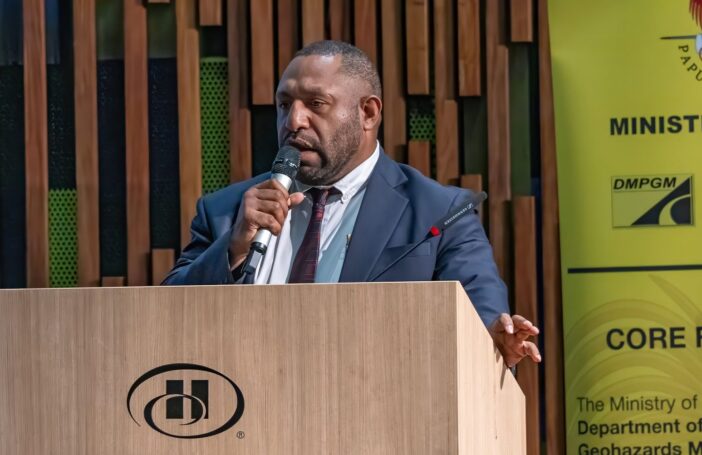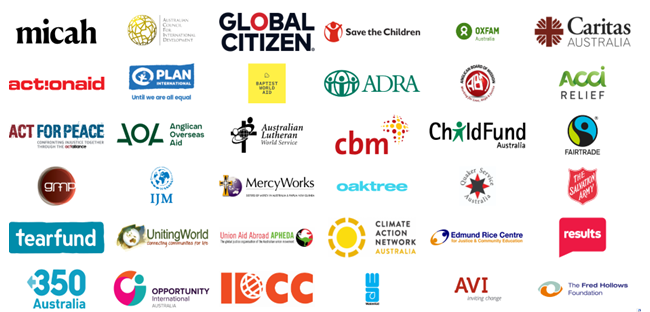Bill Gates’ annual letters have quickly become one of the most influential aid statements each year. They are brief and intelligent, and often touch on broader themes than just the foundation’s activities. This year, Bill and Melinda tackle the development pessimists head on. They argue that by almost any measure the world is getting better, and that in two decades it will be better still. Using smart statistics, accompanied with some bold predictions, the Gates’ use their letter to debunk three myths they believe slow down progress in international development.
Speaking on the first myth, that poor countries are doomed to stay poor, Bill argues that incomes and other measures of human welfare are rising almost everywhere. He is so optimistic on this point that he goes so far as to predict (taking forward the calls to action from the World Bank and UN [pdf]):
“By 2035 there will be almost no poor countries left in the world.”
Addressing the second myth, that foreign aid is a big waste, Bill addresses key concerns of aid volumes (they are in fact a lot smaller than most people think), corruption (not an issue limited to the developing world, which will be further curbed by technology and transparency) and aid dependence (aid is actually declining as a share of GDP in most countries). He argues that aid remains a fantastic investment. Looking at health aid in particular, Gates references a recent Lancet article that claims, with the right investment and policies:
“By 2035, every country will have child-mortality rates that are as low as the rate in America of the UK in 1980.”
Turning to the final myth that saving lives leads to overpopulation, Melinda takes the reigns and argues that “anxiety about the size of the world population has a dangerous tendency to override concern for the human beings who make up that population.” Explaining the strong correlation between child death and birth rates in a country, Melinda argues that the best way to curb global population growth is to invest in the poor, not insist on their suffering.
The Gates’ annual letter is already making waves across the internet (see early analysis from Blattman and Humanosphere), and there will no doubt be a lot more discussion and debate in the coming weeks. But at the very least, it will leave some of us a bit more optimistic about what the world will be like in 2035.





Indeed these letters ar interesting and do prompt discussion ABC Local Radio on Sunday Night (8.20) is picking up on the themes form the reports. On what works small scale infrastructure often gets overlooked. Local roads do wonders in terms of not only marketing but getting kids to school, people to clnics etc; and there are often a huge knock on effects. The then ADAB in the 1980s built lots of Bailey bridges across Eastern Indonesia. I suspect they are still there and made big differences to local communities.
Thanks Jonathan.
I thought the letter was great. Helped confirm that I am and want to remain an optimist!
Between this and Sachs’s recent “The Case for Aid” in Foreign Policy, it’s nice to see a bit of a vigorous response to the naysayers who now flippantly dismiss aid as a contributor to the development we have seen to date.
I do notice however that both Gates and Sachs put a lot of emphasis on the effectiveness of health aid and there is less vocal support and argumentation for the effectiveness of aid to other sectors. I agree that health aid has achieved invaluable impacts but I wouldn’t want the aid story to become one of “health aid works, the rest not so much.”
Joel
Hi Joel,
Thanks for the comment. I completely agree with you on your point of health aid, and it’s worrying to see both Sachs and Gates running in this direction. I suppose it’s because health provides the most easily quantifiable results, and as you say the impact has been huge. Let’s hope they both can diversify their examples of successful aid in the coming years.
Jonathan
Gates Annual Letters, not Bill Gates. For the record.
Hi Marianne,
Thanks for the comment. The past five letters have been written by Bill Gates, and it was only this year that they swapped to the co-author style and changed the title of the letters, so I think my opening sentence still stands.
Cheers,
Jonathan